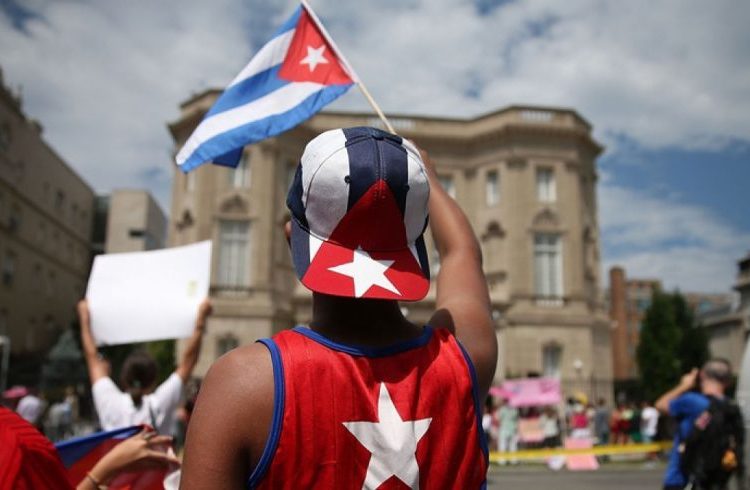There are few things that arouse so many emotions in a Cuban living outside Cuba as seeing a photo, hearing and speaking about the Malecón, or about their barrio. Happy moments and sorrows, satisfactions, memories, yearnings, contradictions of the country that one day said goodbye to them.
Today around 2.5 million Cubans have left the island to reside temporarily or permanently in more than 120 countries in the world. Just in the United States there are two million of them. Numbers that represent an indispensable part of Cuba: its diaspora. They are numbers that, together with the increasingly older population and the decreased birthrates, are demanding an urgent dialogue with the compatriots.
The more than 500,000 Cubans who visited Cuba in 2016, the cultural exchange generated between artists living in and outside the island, as well as the recently opened possibility for any Cuban to return to the country, even those who had abandoned official missions, are some examples that show the Cuban government’s incipient will for the reconciliation of its citizens.
However, it is not enough. The inquisitive migratory policies the government has maintained for years with Cubans residing abroad, backed by inherited prejudices and discourses, remain almost immobile and take the distance that separates them from the island to a plane beyond the physical.
Many processes were relaxed and bureaucratic obstacles vanished with the 2013 migratory reform, many others subsisted. Even when the rights to travel of Cubans residing on the island improved, the discriminatory treatment of those who had previously emigrated remained. The distinction between émigrés and residents, which could have been uprooted at that time, continues weighing over those who had decided to live outside Cuba.
That unfair and unequal treatment, which imposes a high cost for passport procedures, regulates the return to the island, as country of origin, and limits the rights of a part of its citizens, not only goes against the very constitutional principles of the Cuban State, but also restricts the possibility of a different relationship between Cuba and its diaspora.
The decision to live temporarily or permanently outside Cuba does not have to be translated into a definitive divorce or rupture, more so when the wish and readiness to help the country every day in its renovation and to grow remains overseas.










